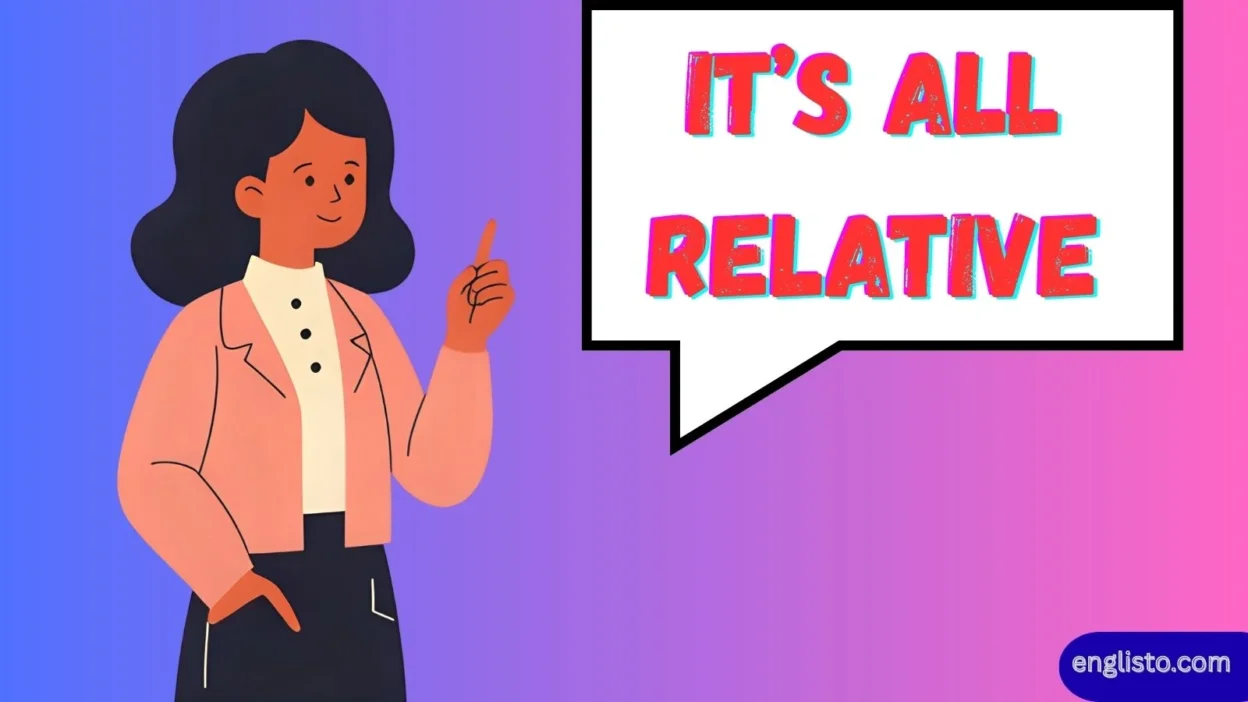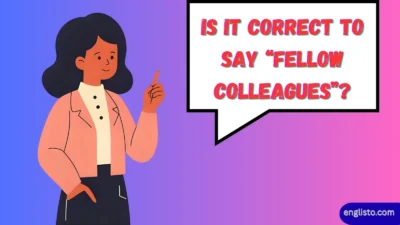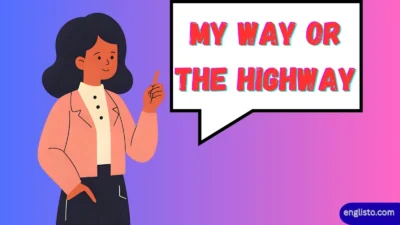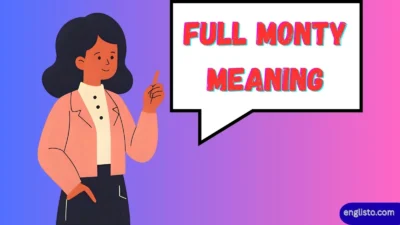When you hear someone say “It’s all relative”, you might shrug, nod in agreement, or wonder what they truly mean. This common English idiom isn’t just a throwaway line—it’s a window into how we humans interpret the world. From judging what’s expensive, to measuring pain, to deciding who the greatest rock band in history is (The Beatles or The Rolling Stones?), relativity shapes every opinion, perception, and judgment we make.
This article dives deep into the meaning, origins, and applications of the phrase “It’s all relative”. We’ll explore how it works in conversations, literature, culture, and even science. Along the way, you’ll see real-life examples, tables comparing interpretations, and insights that will make you view this idiom with fresh eyes.
What Does “It’s All Relative” Mean?
At its core, “It’s all relative” means that something can only be understood, judged, or evaluated in relation to something else. There’s rarely an absolute standard for concepts like “big,” “expensive,” “good,” or “bad.” Instead, these ideas depend on context, perspective, and individual experience.
Think about it:
- $100 might seem like a lot of money to a broke college student, but pocket change to a billionaire like Bill Gates.
- 50°F feels mild to someone from Siberia but cold to someone from Florida.
- A test score of 70% might be disappointing in a top school but excellent in a class where the average is 50%.
In short: context changes everything.
| Word/Phrase | Absolute or Relative? | Example in Context |
| Big | Relative | A “big” car in Europe may be a “small” one in the U.S. |
| Expensive | Relative | A $20 lunch feels pricey in Pakistan but cheap in New York. |
| Truth | Sometimes absolute, often relative | “Cold” can be absolute in physics, but relative in human sensation. |
| Success | Relative | Scoring 14 points in a game may be huge for a beginner but poor for a pro athlete. |
This relativity is why the phrase has become a truism in English: a reminder that we can’t evaluate things in isolation.
Read More: “To Me” or “For Me”: A Complete Guide to Correct Usage
The Idiom in Everyday Life
People use “It’s all relative” to soften judgments, explain differences, or highlight perspective.
Examples in real conversations:
- “He bought a $50,000 car.”
→ “Well, it’s all relative. For someone making millions, that’s reasonable.” - “This exam was really hard.”
→ “It’s all relative. Compared to last year’s test, this one was mild.” - “I can’t believe you’re cold at 65°F.”
→ “It’s all relative—I grew up in Florida.”
The idiom often acts as a reminder: don’t rush to judge without seeing the full picture.
Historical Roots and Etymology
The phrase “It’s all relative” comes from the word relative, derived from the Late Latin “relativus”, meaning “having reference or relation.” According to Merriam-Webster, “relative” entered English in the 14th century, evolving from legal and logical contexts into broader usage.
By the 20th century, it had seeped into everyday speech as a common saying, partly influenced by scientific developments like Einstein’s Theory of Relativity, which popularized the idea that concepts like time and space are not absolute but depend on speed, light, and vantage points.
Fun note: The idiom is often mistaken as a cliché connected only to science. In truth, it predates Einstein but gained fresh cultural momentum because of him.
Why Context Is Everything
The phrase reminds us that perception is shaped by circumstances, culture, and experience.
For example:
| Situation | Relative Interpretation |
| Money | $10,000 is a fortune to a homeless person, but “sloppy” budgeting to a government working with billions. |
| Beauty | Martha may look attractive in one culture but homely in another. |
| Weather | A rainy day feels gloomy during a vacation, but lifesaving during a drought. |
| Pain | A stubbed toe feels intense in the moment, but compared to childbirth, it’s bearable. |
Relativity doesn’t dismiss truth—it shows how our thresholds, perspectives, and backgrounds shape our understanding of the world.
Common Idioms and Sayings with Similar Meaning
“It’s all relative” shares ground with other idiomatic expressions that point to subjectivity and perspective.
| Idiom/Expression | Meaning | Example |
| One man’s trash is another man’s treasure | Value depends on perspective | A $100,000 gold fountain pen is priceless to a collector but useless on a desert island. |
| Beauty is in the eye of the beholder | Standards of beauty vary | Some find minimalism chic; others see it as plain. |
| Everything is relative | Almost identical in meaning | Comparing two achievements requires context. |
| It depends | A shorter, casual variation | “Is 6 feet tall?” → “It depends… relative to what?” |
Cultural References and Real-Life Examples
- Music debates: The Beatles are often called the greatest rock band in history, but Rolling Stones fans would beg to differ.
- Politics: Obama’s budget plan of millions seemed extravagant to some, but in the “long run,” it was modest compared to overall government spending.
- Travel: A tourist destination may feel exhilarating to one traveler but underwhelming to another.
- Sports: An athlete scoring 14 points in a season may be celebrated in one league but ridiculed in another.
These examples show how relativity fuels opinions, debates, and even conflicts.
Grammar and Usage in English
“It’s all relative” is a complete sentence, often used as a statement or response.
Grammar breakdown:
- It’s = it is (subject + verb).
- all = intensifier, meaning “completely” or “entirely.”
- relative = adjective functioning as predicate complement.
The phrase is context-dependent, usually following another statement.
Example in conversation:
- “That’s a heavy weight to lift.”
- “It’s all relative—some lifters can bench twice that.”
Scientific Connection: Einstein’s Theory of Relativity
Though not originally tied to physics, the phrase gained intellectual weight thanks to Einstein’s scientific breakthrough.
- Theory of Relativity: Time and space are not fixed; they’re relative to speed, gravity, and perspective.
- Lorentz contraction: Objects appear shortened at speeds approaching light.
This scientific metaphor reinforced the idiom’s everyday usage—what seems fixed may actually depend on vantage points and contexts.
Relativity in Human Experience
Life provides countless examples of relativity:
- Pain thresholds: What’s unbearable for one person may be manageable for another.
- Success: A student who scores 70% may feel proud if the class average is 50%, but disappointed if the class average is 90%.
- Wealth: Ten thousand dollars is life-changing for one person but pocket money for another.
| Scenario | Perspective A | Perspective B |
| Lifting 100 lbs in the gym | Heavy for a beginner | Warm-up for a bodybuilder |
| Buying a car | $20,000 = expensive for a student | Cheap for a millionaire |
| Watching a movie | Masterpiece | Overrated |
| Temperature at 60°F | Cold to Floridians | Mild to New Yorkers |
This relativity reminds us: every experience is filtered through personal, cultural, and situational lenses.
Practical Applications in Conversations
“It’s all relative” is more than just a phrase—it’s a conversational tool. It helps people:
- Acknowledge diversity of opinions.
- Defuse arguments by shifting focus to context.
- Encourage open-mindedness in discussions.
Example in workplace dialogue:
- Coworker A: “Our sales numbers look terrible.”
- Coworker B: “It’s all relative. Compared to last quarter, we’ve improved.”
This nuance makes the phrase powerful in professional, casual, and academic settings alike.
FAQs
What does “It’s all relative” mean in simple terms?
It means something is understood only when compared to something else—context matters.
Is “It’s all relative” a cliché?
Yes, but it’s also a valuable reminder of perspective. Like many idioms, it’s common yet meaningful.
Does it come from Einstein’s Theory of Relativity?
Not originally. The phrase existed before, but Einstein popularized the idea of relativity in science, boosting its cultural resonance.
Can “It’s all relative” be used formally?
Yes, though it’s more common in casual speech. In academic or professional writing, phrases like “context-dependent” or “subjective” are used instead.
What are synonyms for “It’s all relative”?
- “It depends”
- “Everything’s contextual”
- “Perspective matters”
- “Subjective viewpoint”
Conclusion
The phrase “It’s all relative” is more than a cliché—it’s a lens through which we can view life, language, and human experience. From money and success to beauty and pain, context shapes our understanding. There’s rarely a single, universal truth; instead, meaning is filtered through personal experiences, cultural backgrounds, and situational factors.
So, next time someone insists something is “good,” “bad,” “big,” or “expensive,” pause before agreeing or disagreeing. Remember: it’s all relative.



